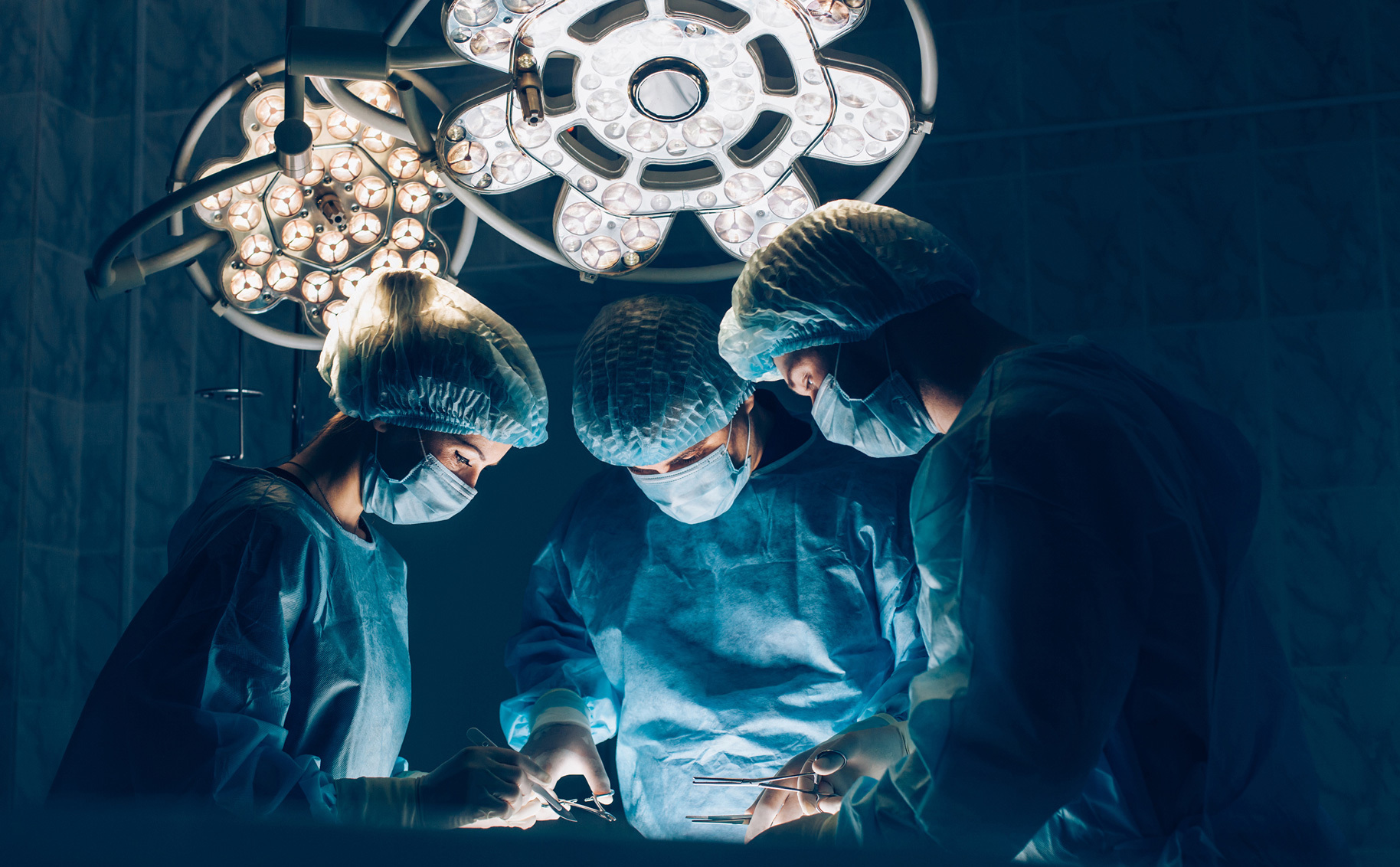
If you are following Stockert 3T Heater Cooler lawsuit litigation, you may be wondering how warming works and reduces fatal heart risks. Unintentional hypothermia is a real risk during surgical procedures and is caused by several factors including having an open cavity in a cool operating room, anesthesia drugs, and the use of room-temperature intravenous fluids and cool irrigation fluids. Anesthesia prevents the brain from being able to interpret pain signals, but it also prevents the brain from conducting important body functions, including breathing and regulating body temperature.
Hypothermia increases cardiac risks during surgery, especially for the approximately 25 million people who have heart disease risk factors. It can also increase infection, constricts blood vessels which slows healing, increases stress hormones, raises the patients’ blood pressure, and decreases platelet activity in the blood which increases bleeding. Hypothermia also reduces metabolism and can extend how long the patients feel the effects of the anesthesia.
Researchers have found that forced air patient warming worked better than reflective and cotton blankets. Forced air warming consists of a heating cooling device that warms or cools air and forces it through air tubes lining a blanket. These surgical warming blankets help maintain normal body temperature especially when combined with warmed IV and irrigation fluids.
In fact, a study conducted by researchers at John’s Hopkins found that of the 300 cardiac patients who had vascular, chest, or abdominal surgery, the 142 patients who were warmed showed significantly reduced rates of cardiac injuries. In fact, the patients who were warmed had a 55 percent decreased risk of heart complications than non-warmed patients. Heart attack, unstable angina, and cardiac arrest occurred in 6.3 of the non-warmed patients versus only 1.4 percent of the warmed patients.
Heart beat irregularities during surgery were the same for both groups, but irregularities following the procedure were seen more often in non-warmed patients. Ventricular tachycardia, abnormally fast beat, was seen in 8 percent of the non-warmed group and only 2 percent of the warmed group.
As beneficial as body temperature regulation is, surgical warming blankets and the heater coolers that power them have been linked to bacterial infections in patients who undergo open-chest and abdominal procedures. These patients may not know they are infected unless they are tested.
But not all surgeons use heater cooler devices to warm their patients, choosing instead to use one or more of the following –
- Increased ambient temperature of the operating theater of at least 75 degrees Fahrenheit
- Using adequate humidification of inspired gases
- Using a close circuit anesthetic gas delivery systems that humify and warm inspired gases
- Using overhead radiant heaters
Keeping a patient’s core body temperature normal during surgical procedures has been proven to reduce wound infections and reduce how long it takes to heal and decrease how long a patient remains in the hospital. It also reduces the patient’s risk of suffering a serious cardiac complication. If you are going to have a surgical procedure, discuss your surgeons’ methods and the benefits and risks that these methods may have. Most of these methods are inexpensive, especially when compared with the potential complications of not warming patients and the injuries that can cause.
Call Now For a Free & Confidential Case Evaluation 877-571-8918